New electric cars and concepts: best of LA Auto Show
The most interesting new electric cars and concepts launched at the LA Auto Show are a magnificent seven heralding everything from reconfigurable interiors and swivelling seats to sanitising lighting
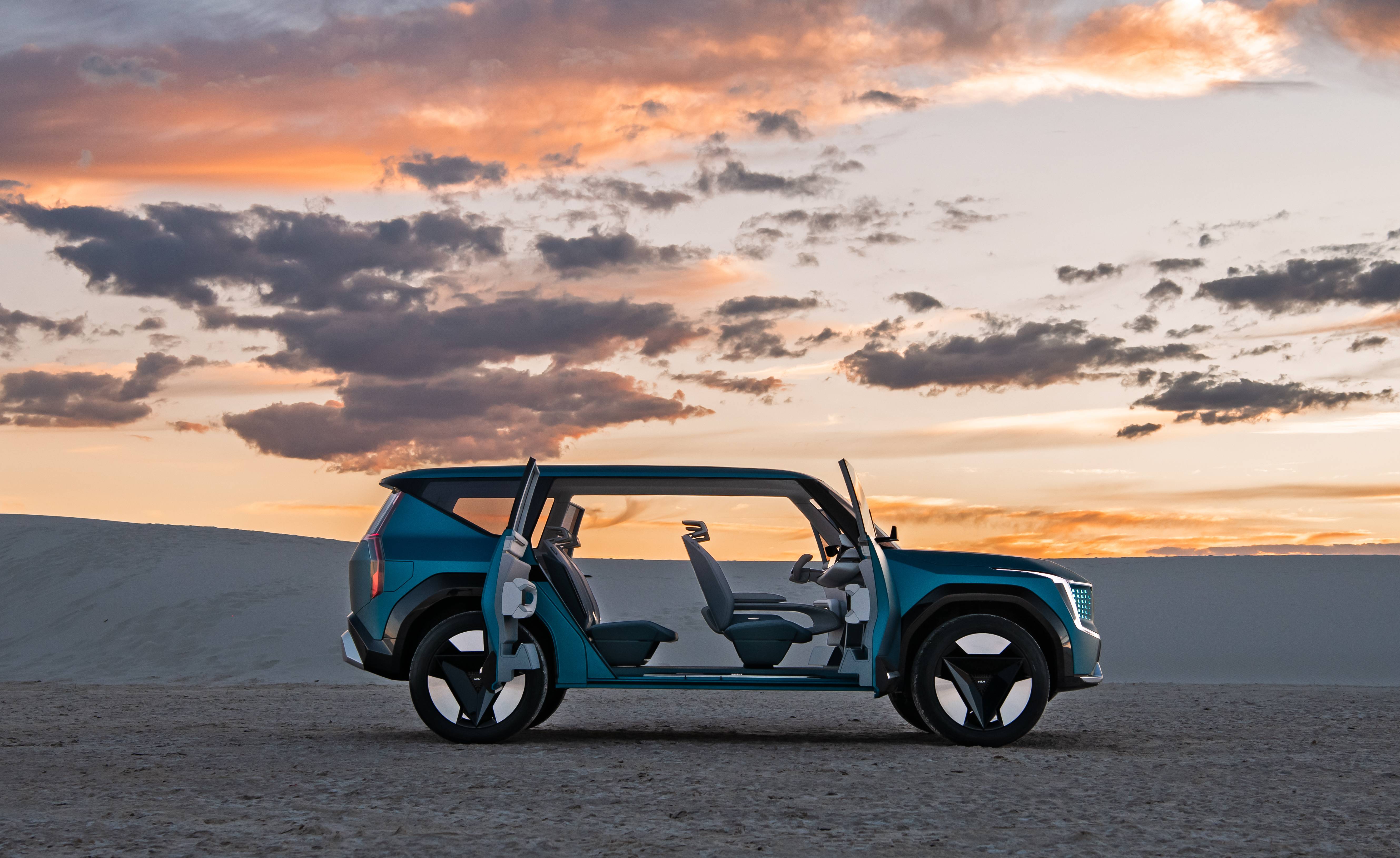
Receive our daily digest of inspiration, escapism and design stories from around the world direct to your inbox.
You are now subscribed
Your newsletter sign-up was successful
Want to add more newsletters?

Daily (Mon-Sun)
Daily Digest
Sign up for global news and reviews, a Wallpaper* take on architecture, design, art & culture, fashion & beauty, travel, tech, watches & jewellery and more.

Monthly, coming soon
The Rundown
A design-minded take on the world of style from Wallpaper* fashion features editor Jack Moss, from global runway shows to insider news and emerging trends.

Monthly, coming soon
The Design File
A closer look at the people and places shaping design, from inspiring interiors to exceptional products, in an expert edit by Wallpaper* global design director Hugo Macdonald.
After a hiatus in 2020, the LA Auto Show – and AutoMobility LA, as its press and trade preview event has now become – returned to showcase the industry from a distinctly American perspective. Two years is a long time in the modern auto industry, and our pick of the seven most interesting cars and concepts from 2021 pretty much have the same thing in common: they’re all electric. This being the US, there was a wholly expected dearth of compact cars, as well as the assumption that the dominant vehicle in the near future will be the crossover. That’s not to say that big has been completely banished. That mainstay of American culture, the pick-up truck, is vying to stay relevant with a number of pure EV models on the way. Here’s our pick of the show.
Best of LA Auto Show: new electric cars and concepts
Kia Concept EV9
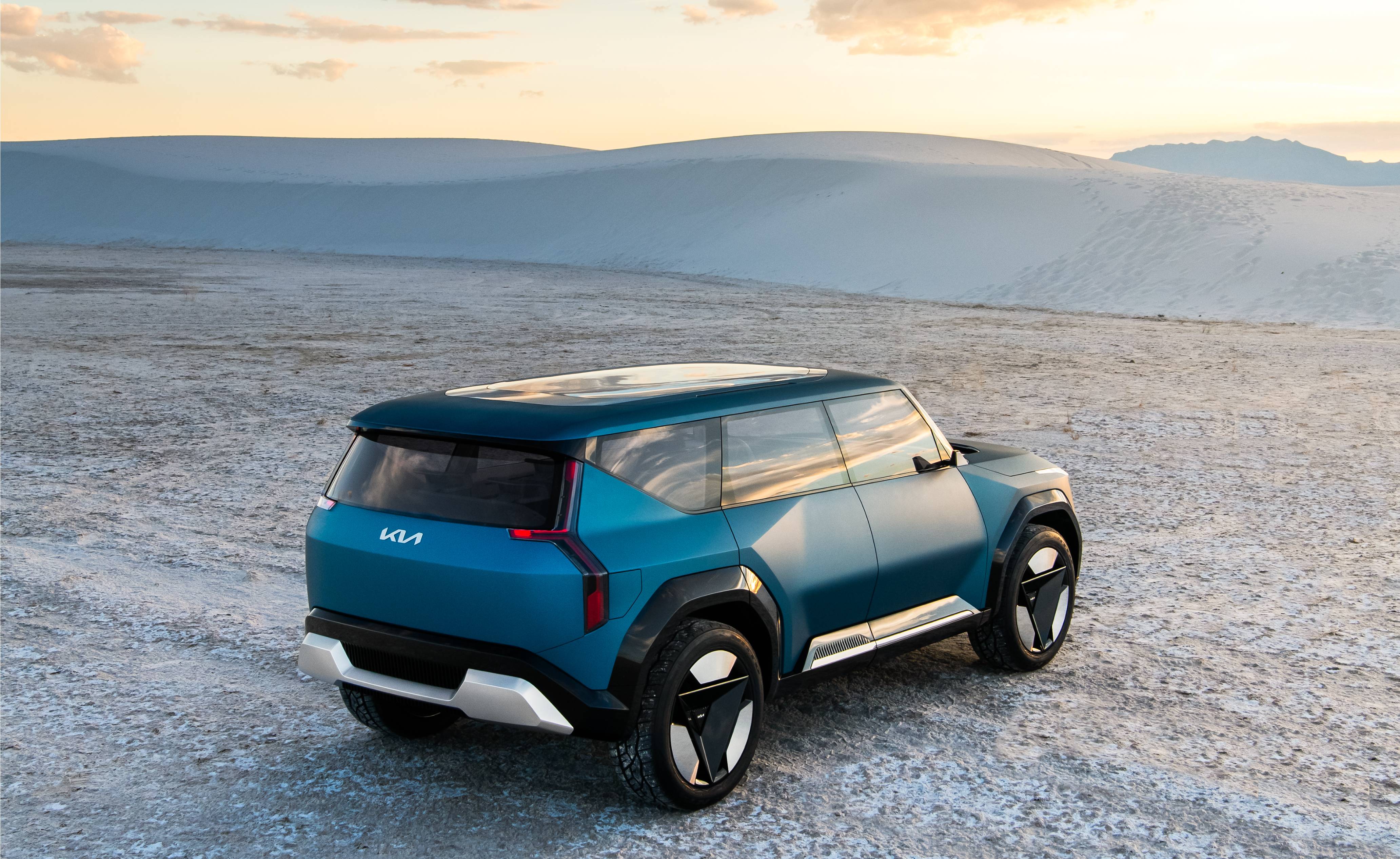
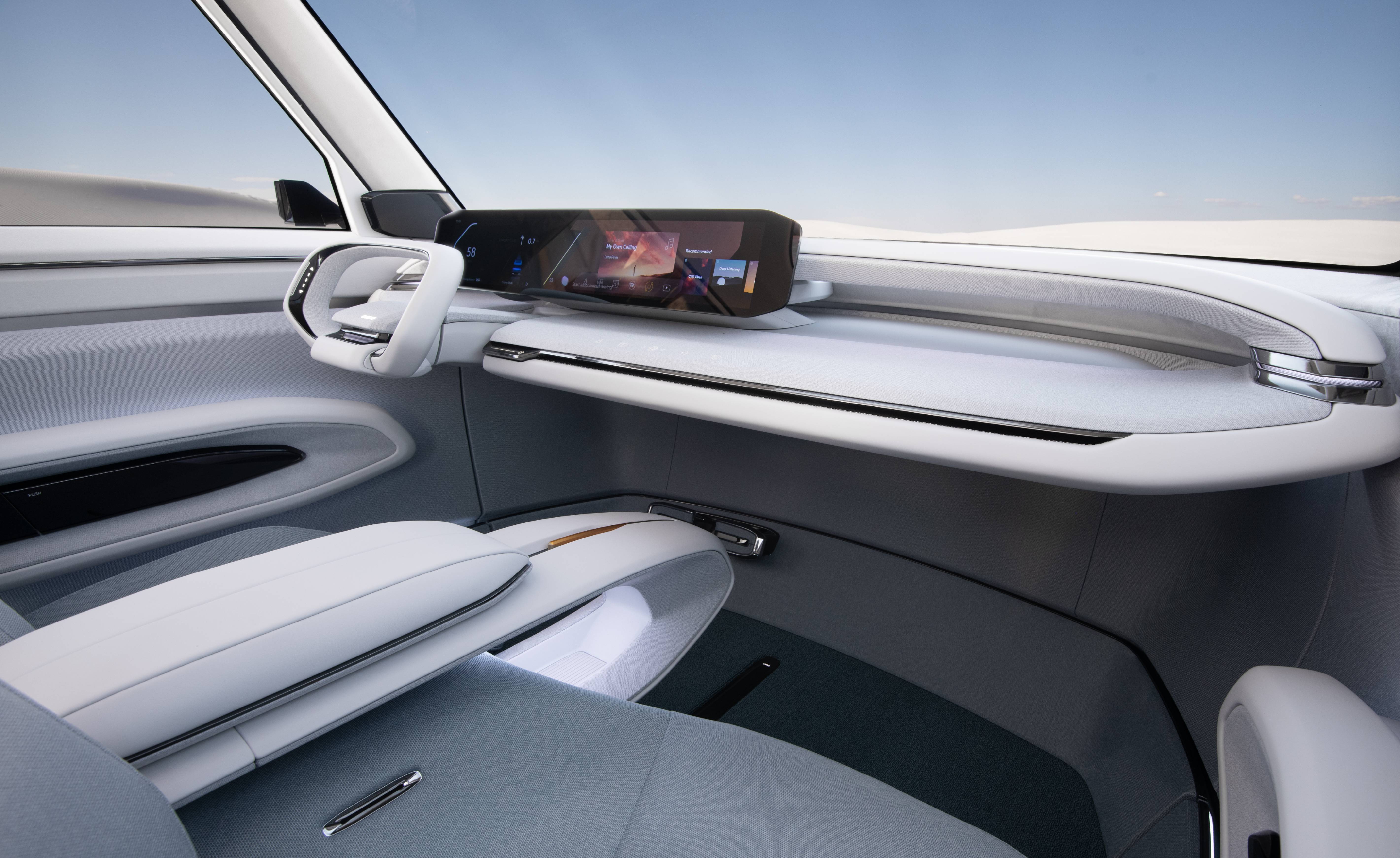
Now that the Korean giant is selling its EV6 electric car around the world, the company is previewing the next step in its EV line-up. The Concept EV9 is a bit bigger than the midsize EV6, taking a more conventionally boxy SUV format. In terms of detail design, however, it follows the company’s bold emphasis on geometric forms, mixing sharp-edged delicacy with faceted surfaces. The company calls this design language ‘Opposites United’, as demonstrated by the contrasting fluid, flowing interior, inspired by water and nature. Most impressive of all is the sense of openness created by the flat floor design and the pillarless coach doors. The three rows of seats are finished in vegan leather and the flooring material made from recycled fishing nets. The interior can be reconfigured as a picnic spot, with the front seats rotating round and the middle row folding into a table.
Kia Concept EV9, kia.com
Hyundai Seven Concept
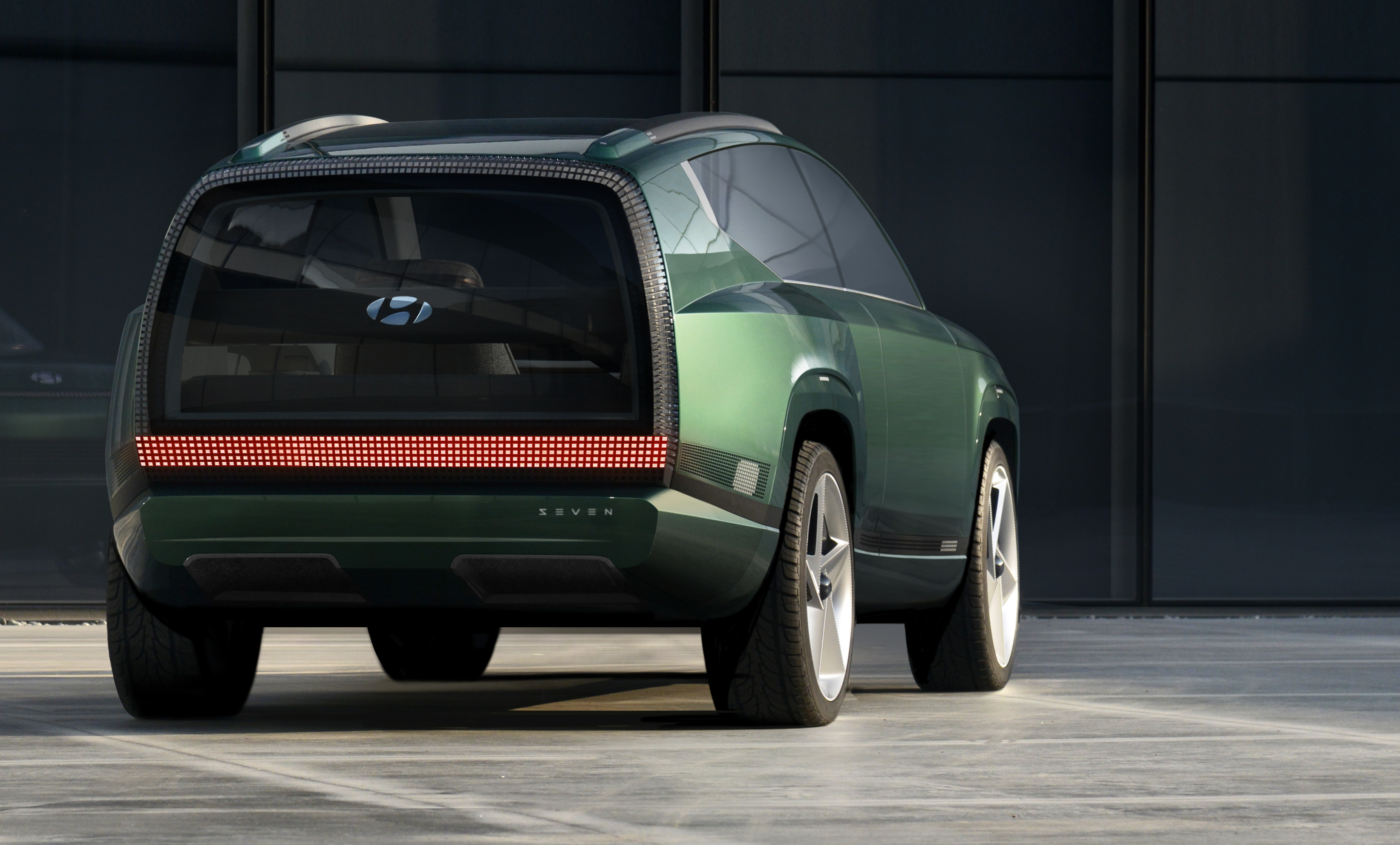
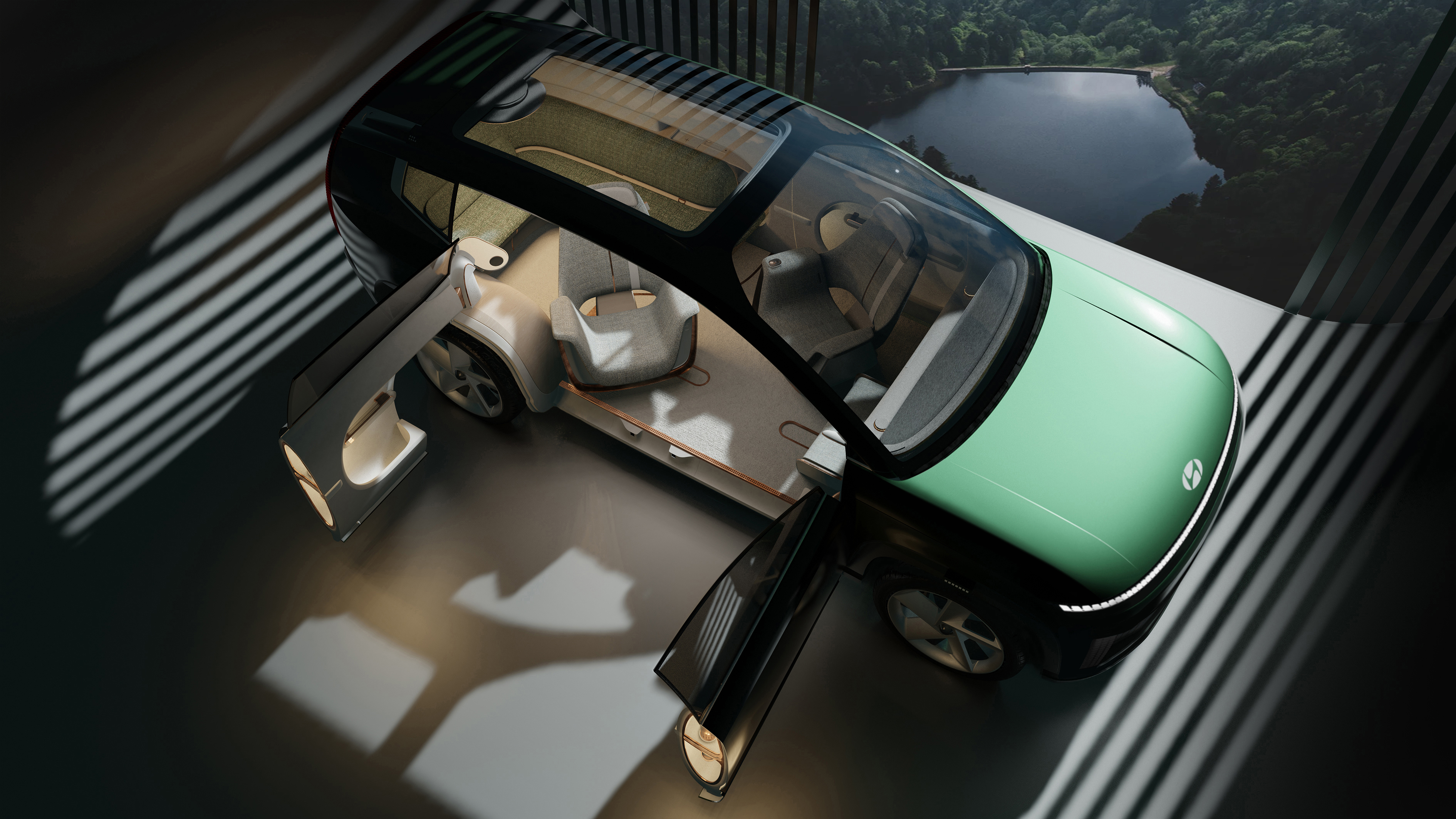
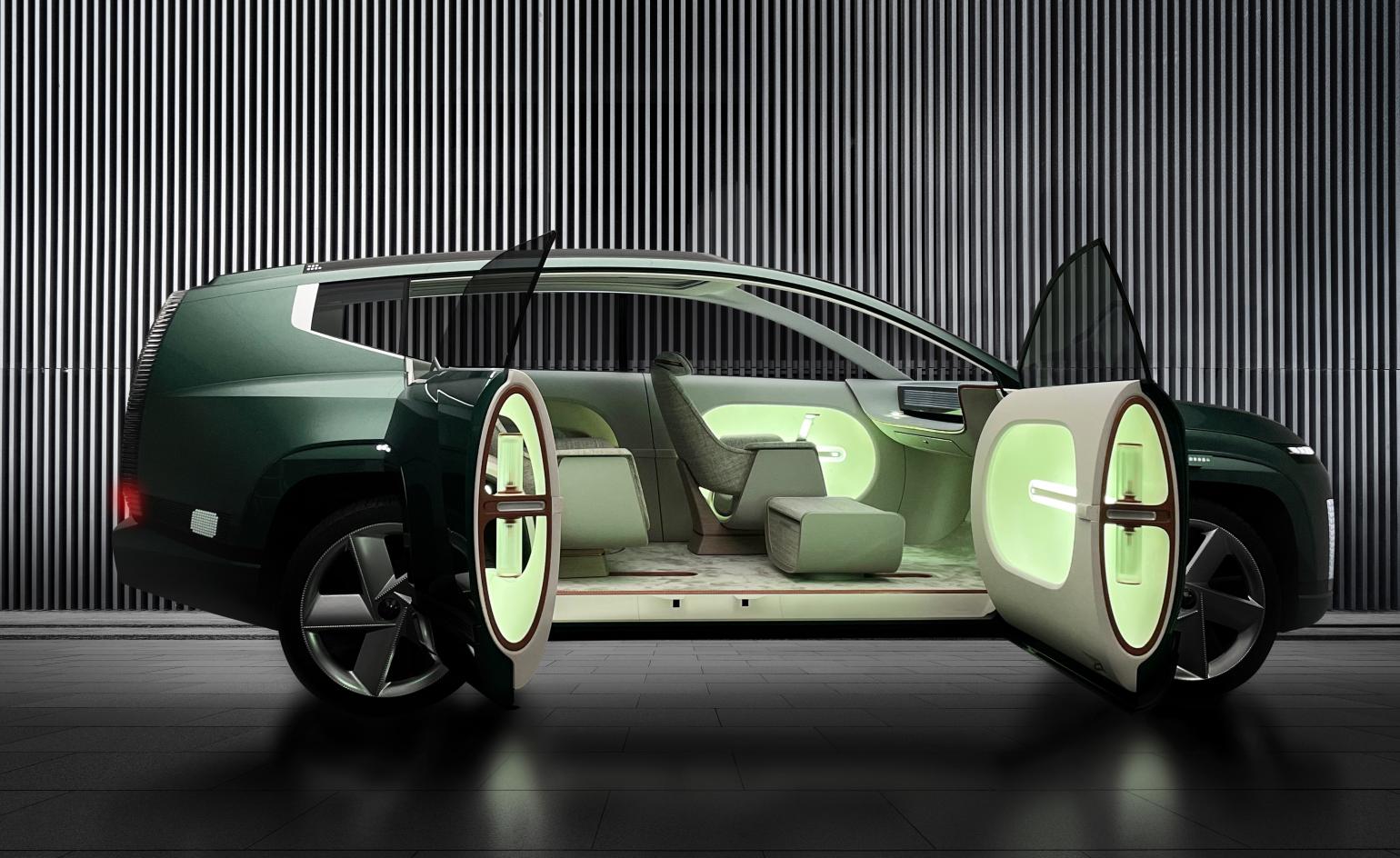
Closely related to the Concept EV9 is Hyundai’s Seven Concept. Kia’s parent company shares tech with Hyundai, but each has developed its own distinct design identity. Billed as a future vehicle in Hyundai’s Ioniq EV sub-brand, the concept focuses on the evolving interior experience. The company describes it as ‘an innovative living space on wheels’, and the long wheelbase and flat floor provide an unprecedented interior volume that can be transformed into various modes. The retractable driving controls imply a fully autonomous future, as do the lounge-like chairs that can be swivelled around to create a lounge space, complete with rear chaise. The interior uses materials like mineral plaster, bamboo wood and carpet, and bio resins that stress their renewable roots, and there’s also a timely focus on antibacterial surfaces and in-built sanitising UVC lighting (that is only activated once the car is empty, for safety reasons).
Hyundai Seven Concept, hyundai.co.uk
Fisker Ocean
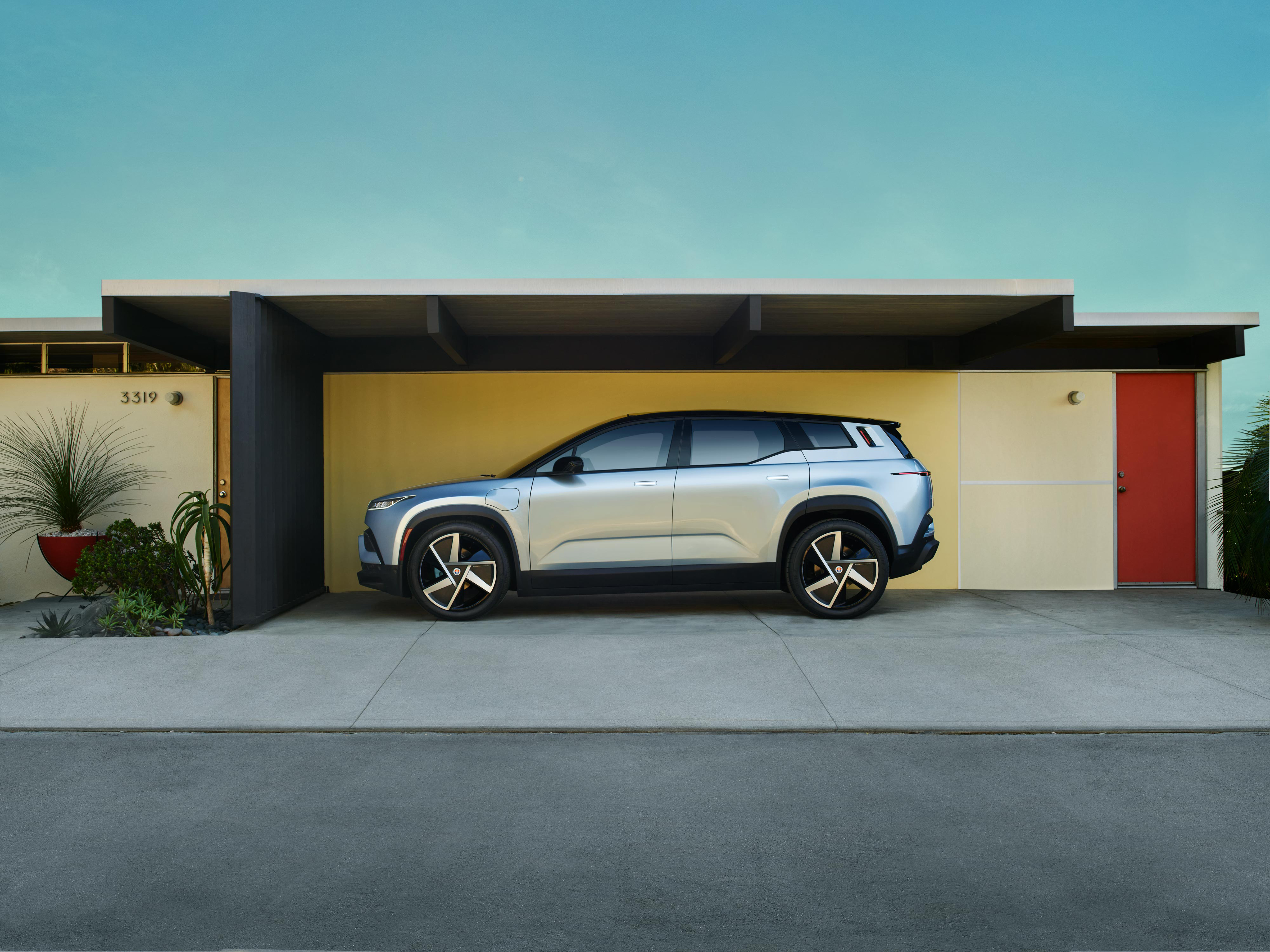
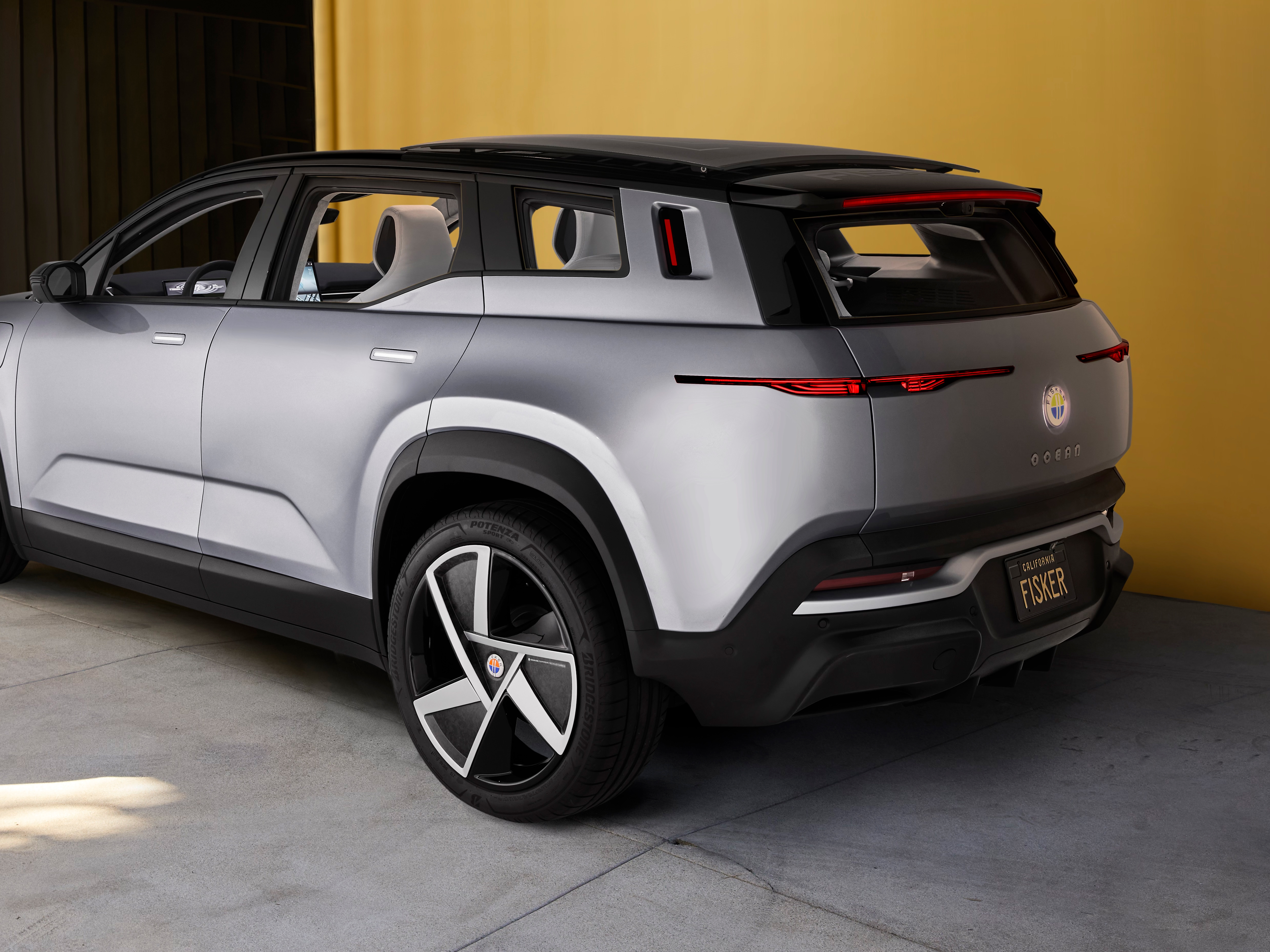
Henrik Fisker is a tenacious figure in the auto industry. The Danish-American designer worked at BMW, Ford, and Aston Martin, before branching out to create his own brand of cars, starting with Fisker Automotive in 2007 and now with Fisker Inc. The latter’s debut model, the Ocean, is scheduled to start production in November 2022 at the Magna-Steyr factory in Austria. An attractive SUV with a credible blend of fluidity and toughness, the design is replete with neat touches like a rotating central screen (which can be switched between a driving and cinema mode when stationary), integral solar panels and an opening rearmost window – something that’ll best be appreciated by dogs.
Fisker Ocean, from $37,499, fiskerInc.com
Receive our daily digest of inspiration, escapism and design stories from around the world direct to your inbox.
Porsche Taycan Gran Turismo Sport
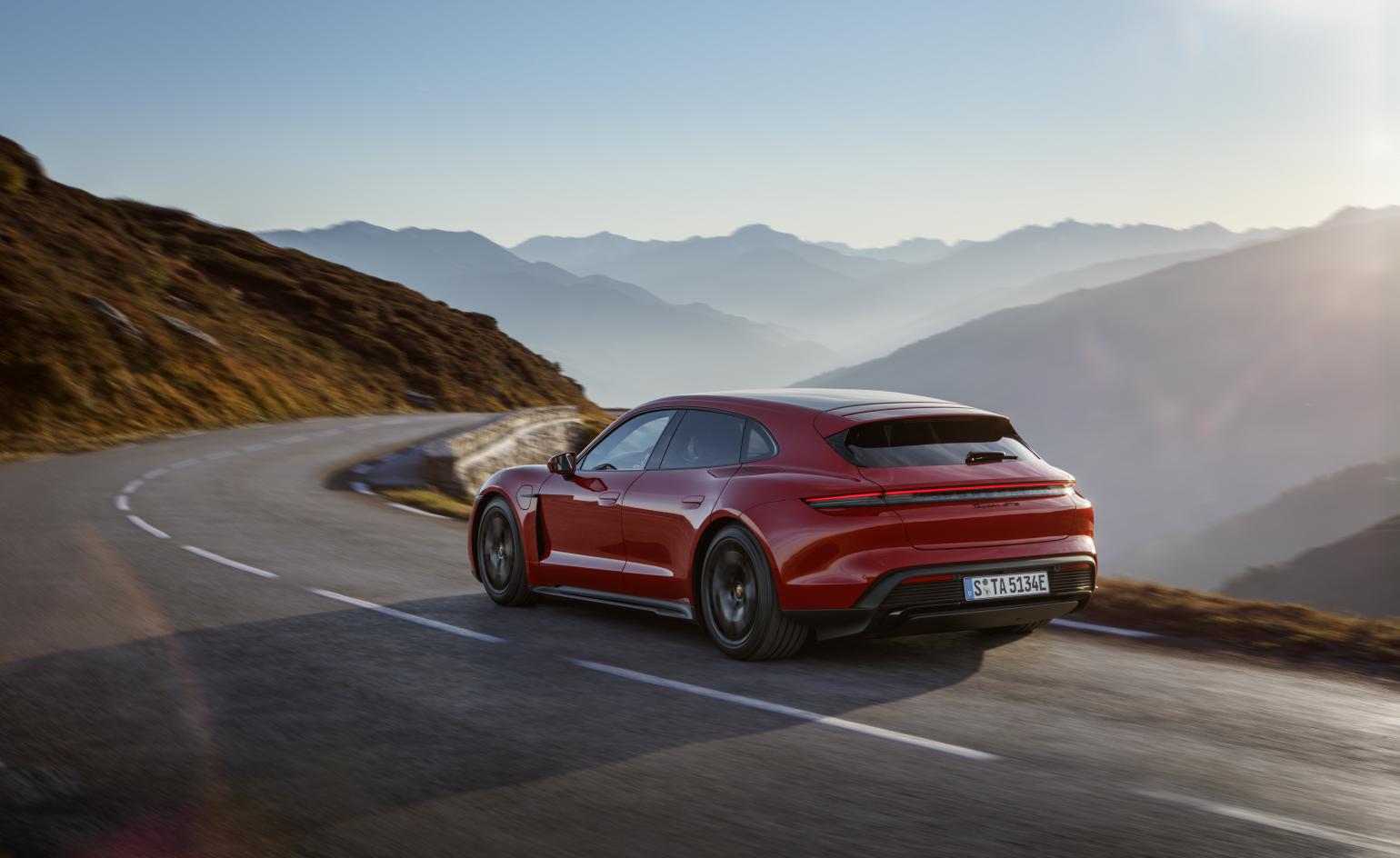
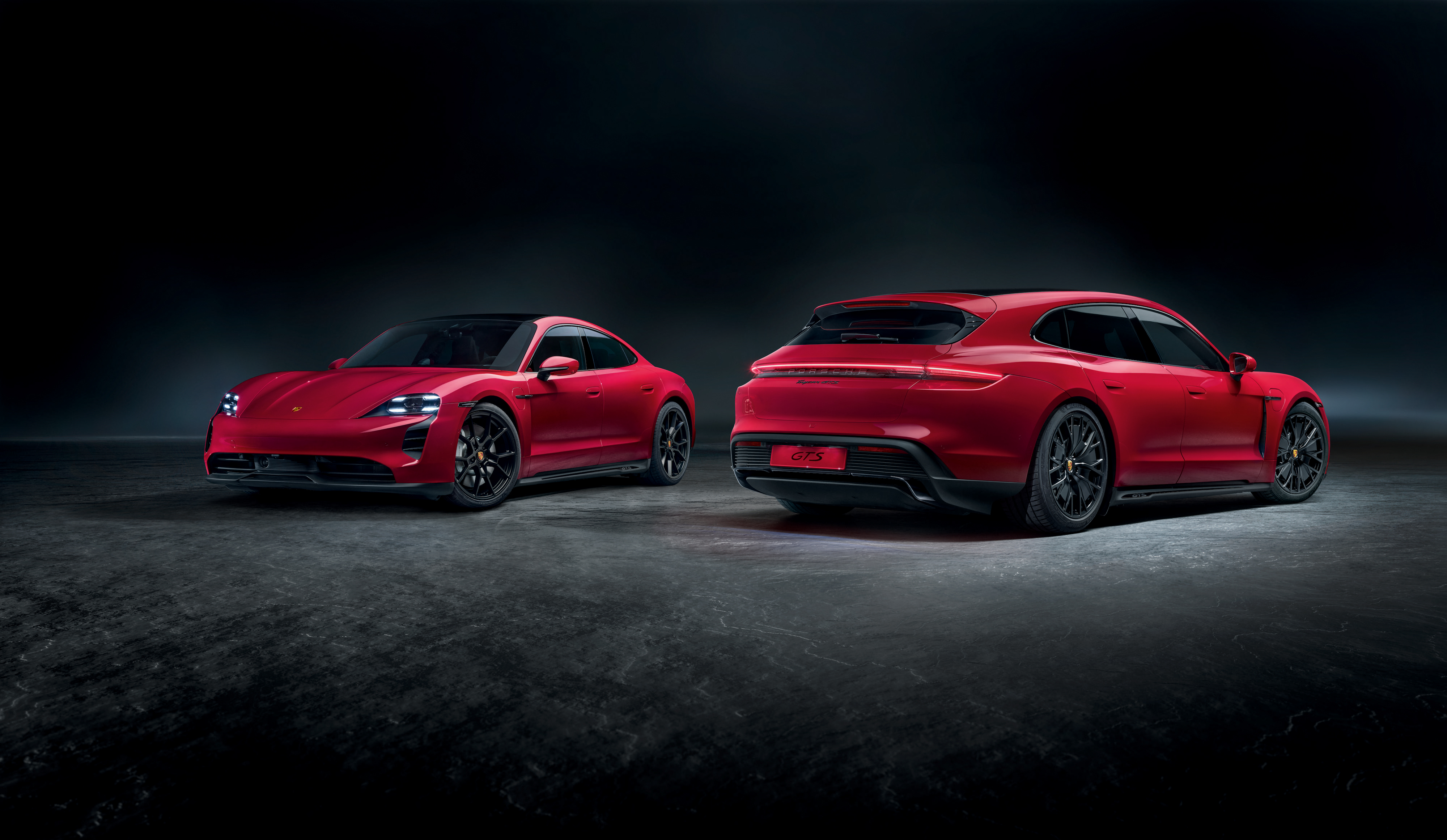
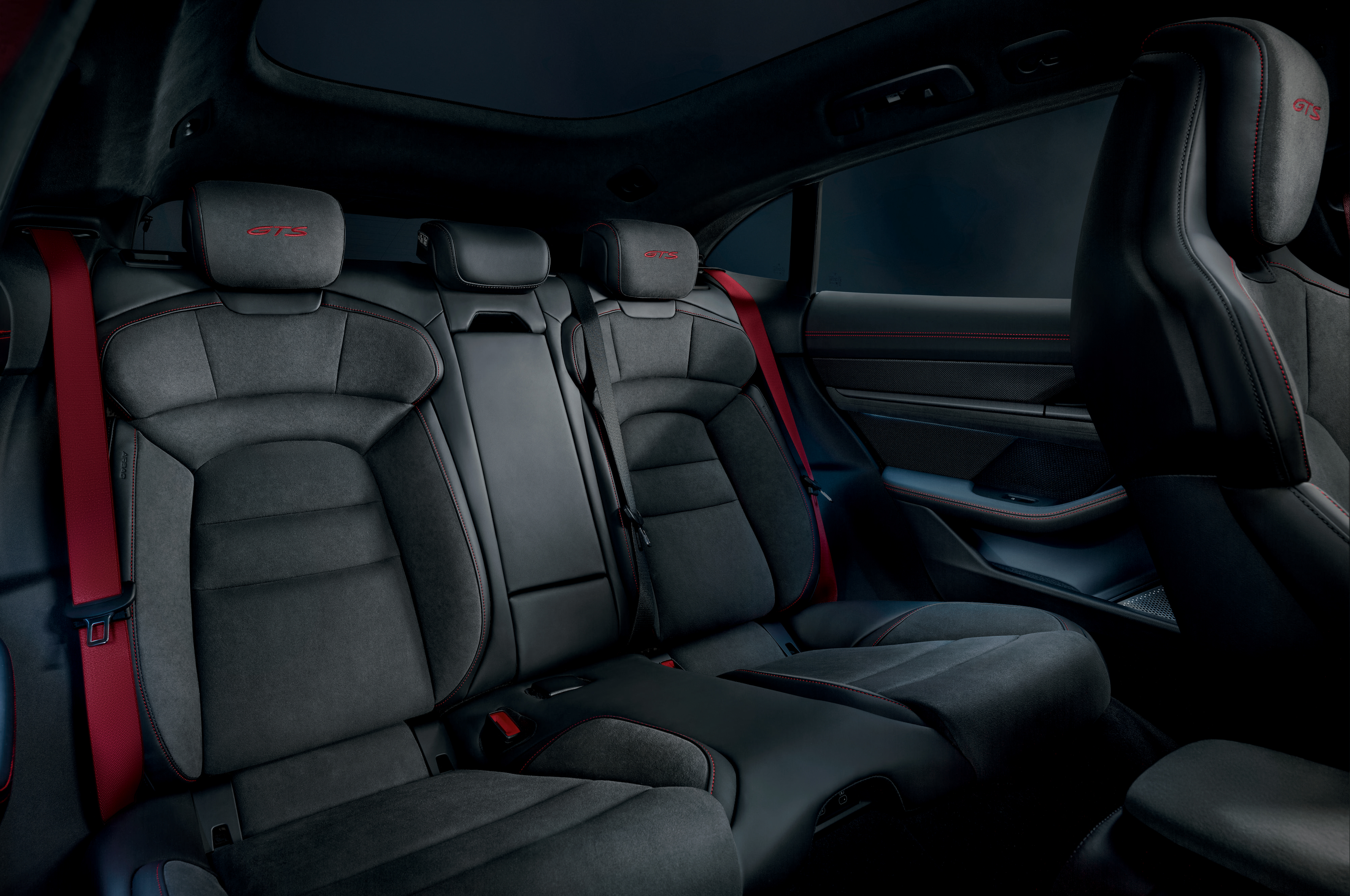
Porsche has added a third body style to its award-winning and highly successful Taycan electric sports saloon. The GTS, or Gran Turismo Sport, is a sleeker, more low-slung model that takes the added space of the Taycan Cross Turismo model and ramps up the road presence. With all-wheel drive, over 300 miles of range and the astonishing performance and roadholding of its sibling Taycans, the GTS offers the best of all worlds. New features include a panoramic glass roof embedded with liquid crystal film to change the levels of opacity.
Porsche GTS Sport Turismo, from £104,990, porsche.com
Mullen Five Crossover
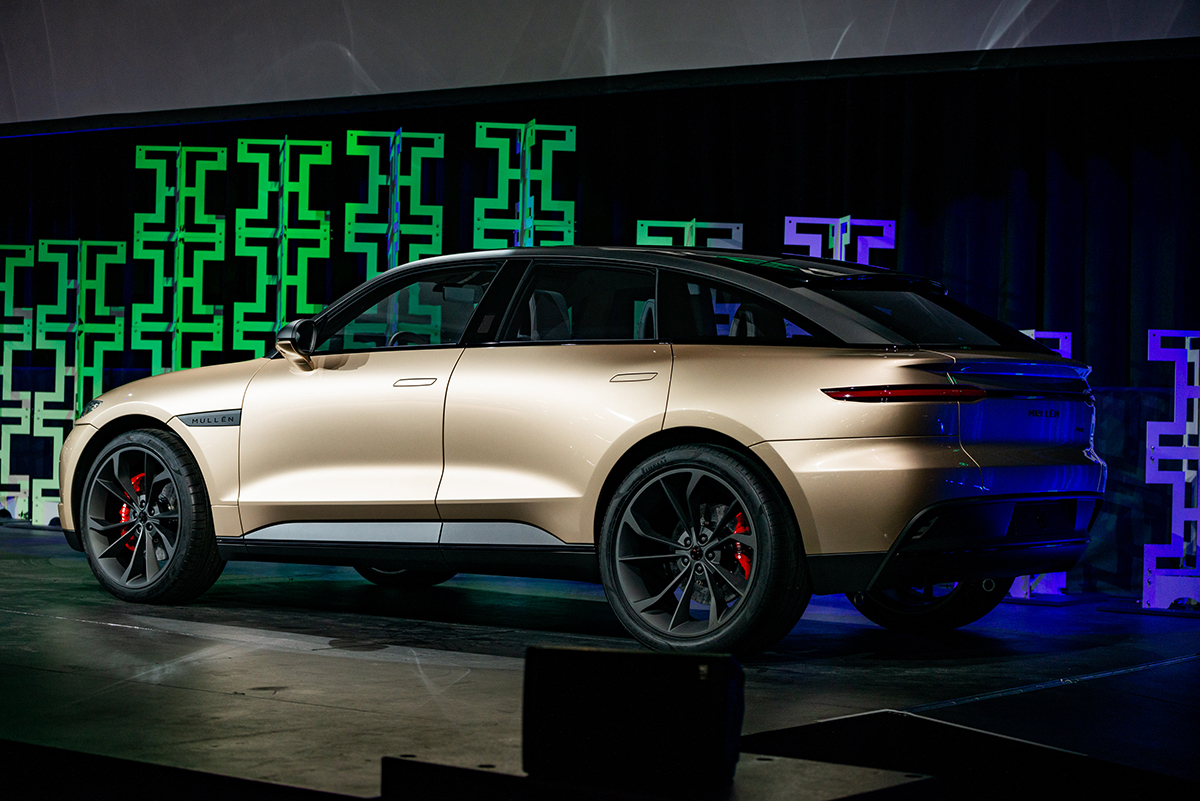
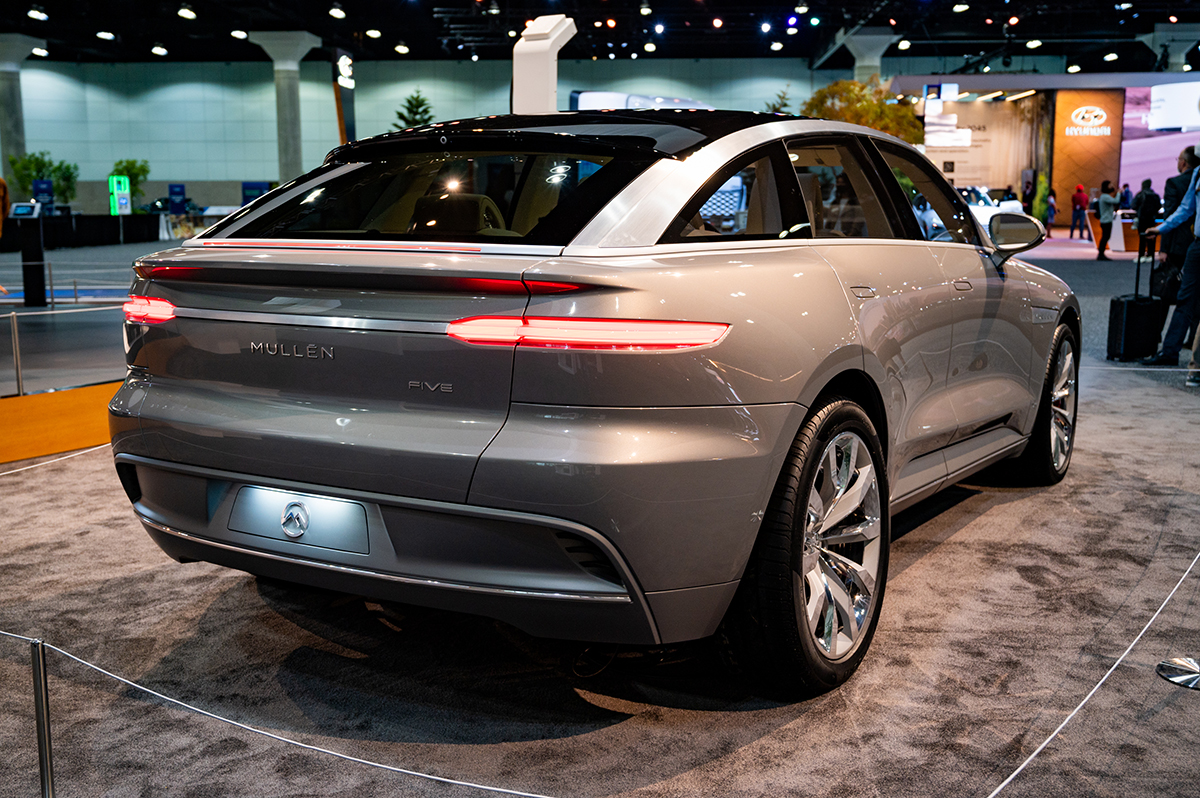
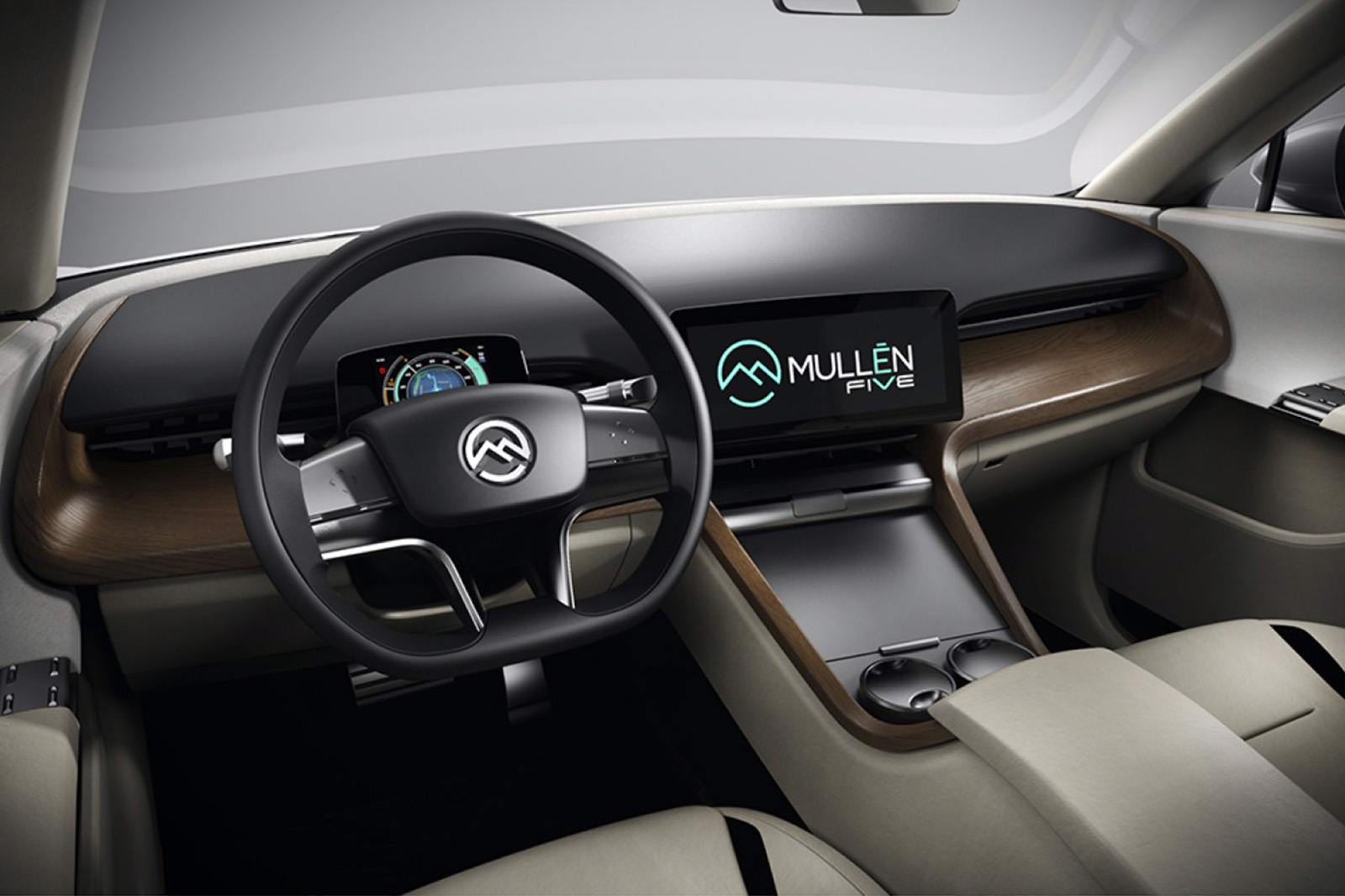
A new name in the industry, Mullen is a California-based company that hopes its sleek crossover will be a hit when it arrives in early 2024. The Five is a coherent and elegant design, with an emphasis on luxury and a profile that blends Tesla's style with the sporting stance of a Lamborghini Urus; the latter’s performance is certainly a target, with a promised 0-62mph of 3.2sec and future variants offering top speeds of over 200mph. Whether that’s just a headline-grabbing number or a practical proposition remains to be seen.
Mullen Five, mullenusa.com
Subaru Solterra
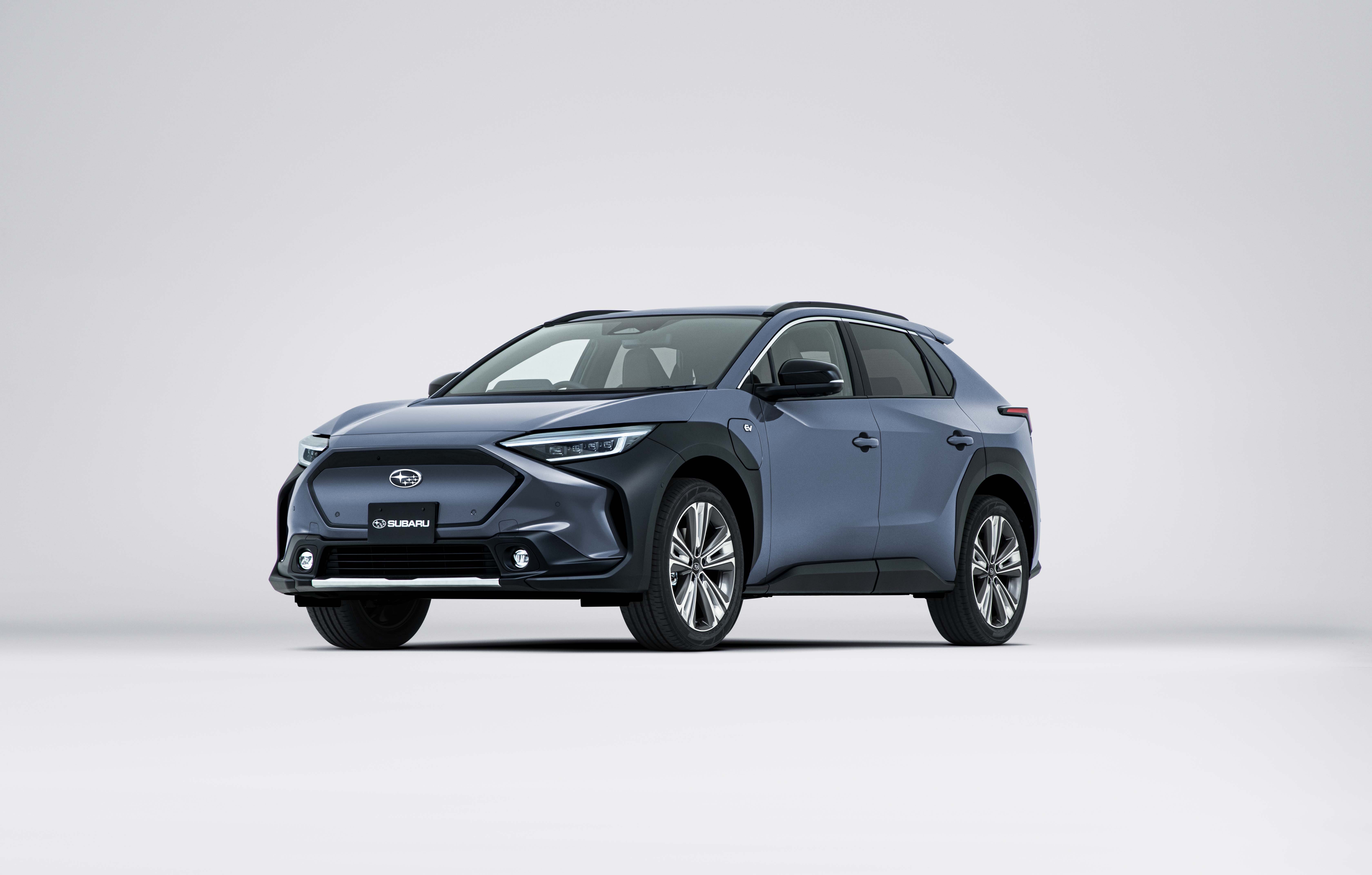
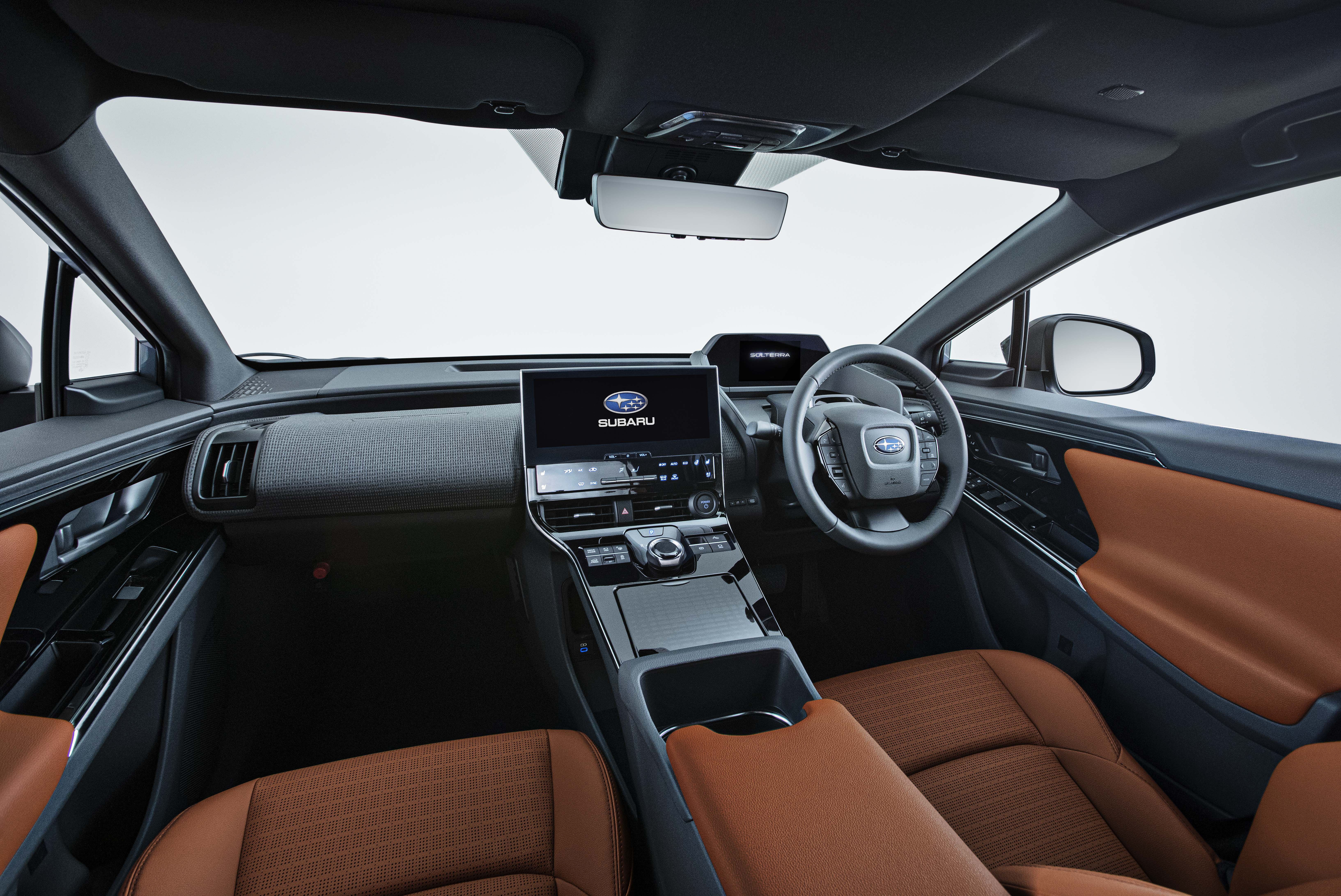
A rather more realistic proposition was presented by Subaru in the shape of its new Solterra. The Japanese company’s first ever pure electric vehicle, it looks set to be worth the wait. The key word here is practicality. In the US, more than any other territory, Subaru has cornered the market in compact, everyday crossover vehicles that are well-suited to the extremes of US weather without resorting to stylistic overkill. The Solterra looks like it has translated that sober simplicity to the electric realm, with a style that is more about carefree ruggedness than self-conscious over-design. Underneath is a platform co-developed by Toyota (and also found in their Bz4x). Both cars go on sale in 2022.
Subaru Solterra, subaru.co.uk
EdisonFuture EF1-T
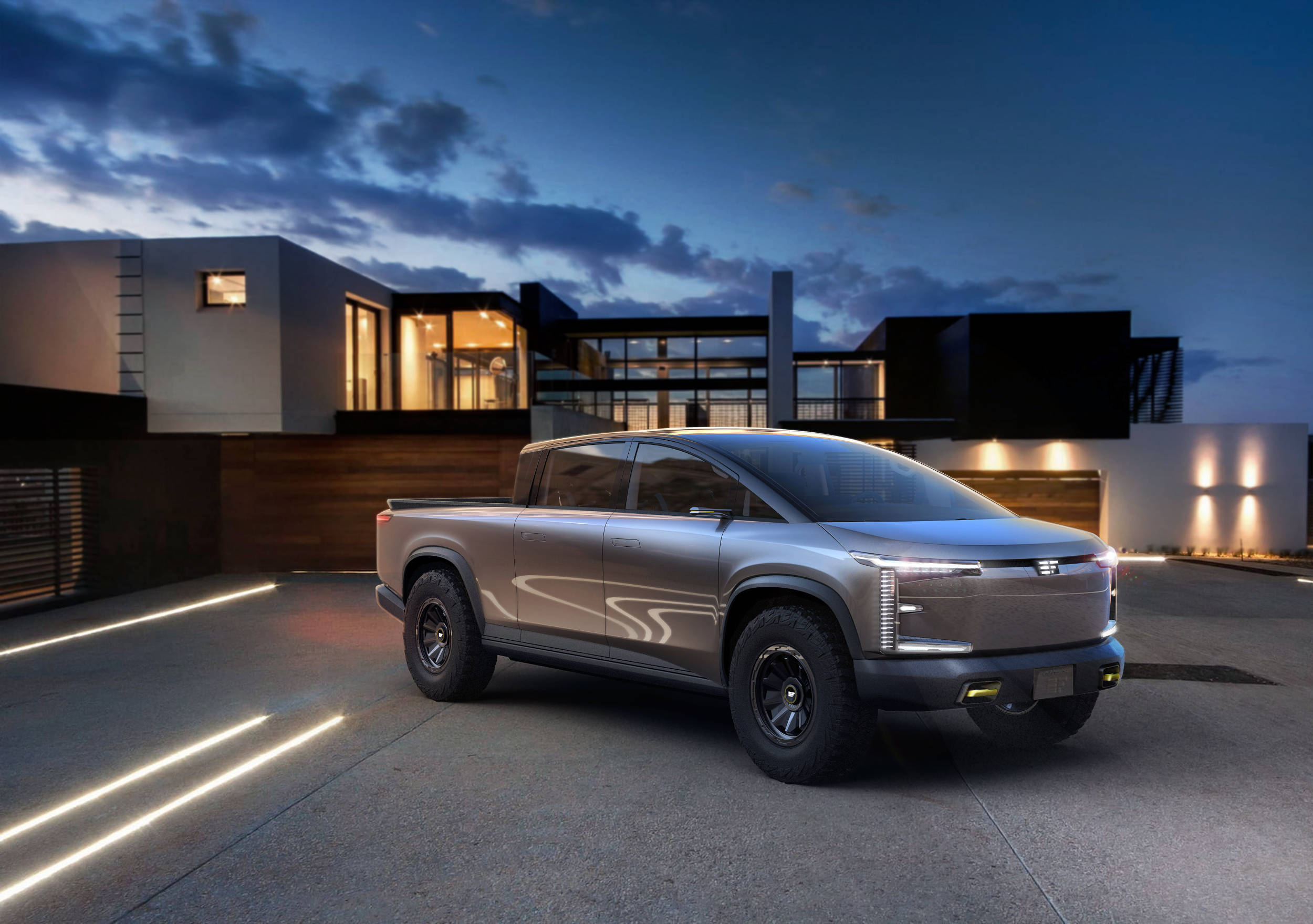
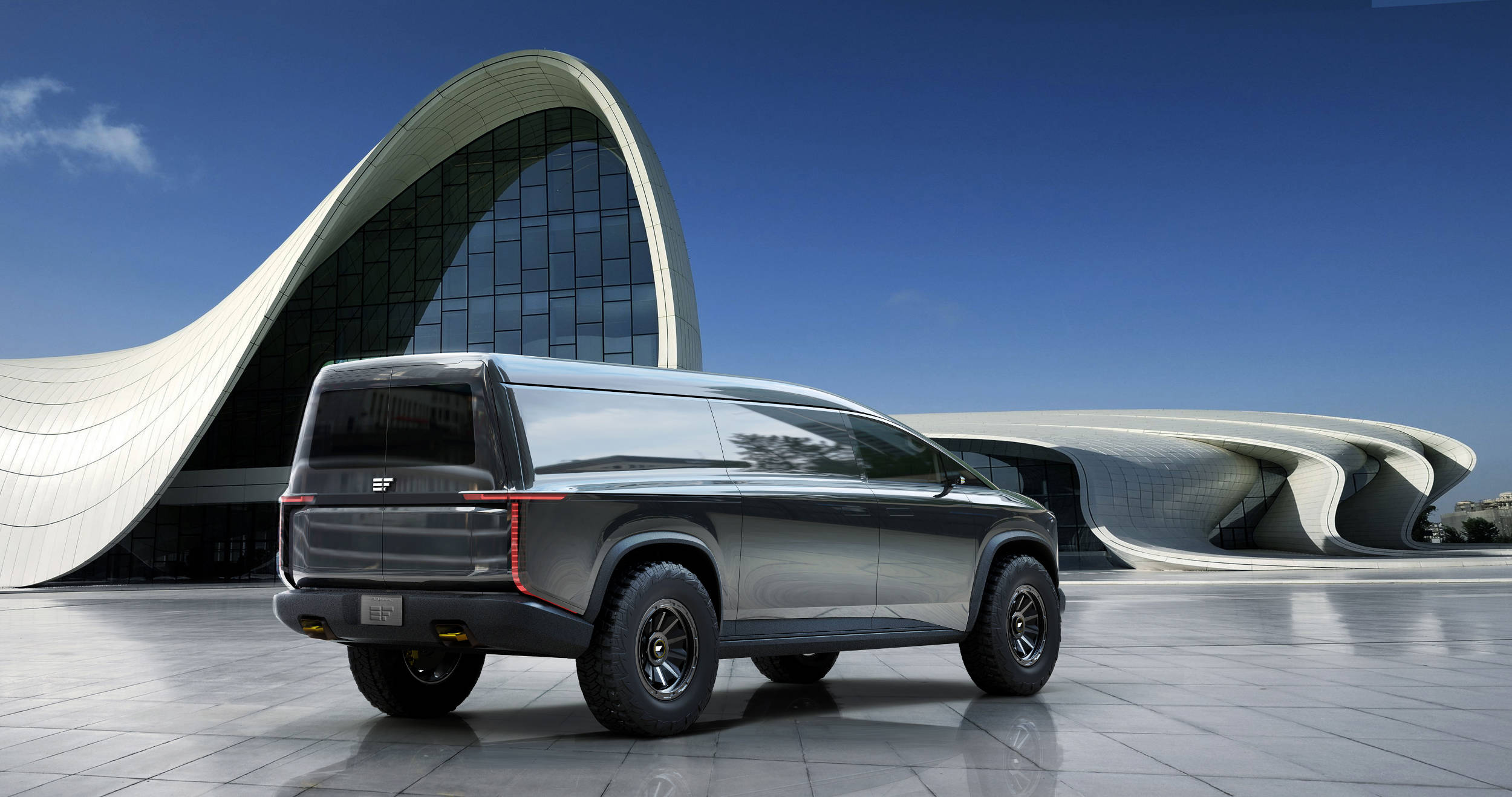
Another repurposed figure from the history of technology joins the list of new automotive nameplates. EdisonFuture hopes to follow in the footsteps of Tesla and Faraday Future, with a focus on commerce and utility right out of the gate. The Chinese-owned company’s EF1-T Pickup was on show at AutoMobility LA, complete with the optional ‘Armadillo Armour’ solar cover. This retractable outer skin of solar cells can be extended to cover the entire load bay, adding additional (modest) charge capacity whether driving or parked. In ‘Super’ trim the company is looking for a 400-mile range and sports car performance. There’s the EF1-V Delivery Van too, which can also be specified with a solar roof. Prices are yet to be announced and the company hopes to deliver the first models by mid-2022.
EdisonFuture, edisonfuture.com
Jonathan Bell has written for Wallpaper* magazine since 1999, covering everything from architecture and transport design to books, tech and graphic design. He is now the magazine’s Transport and Technology Editor. Jonathan has written and edited 15 books, including Concept Car Design, 21st Century House, and The New Modern House. He is also the host of Wallpaper’s first podcast.